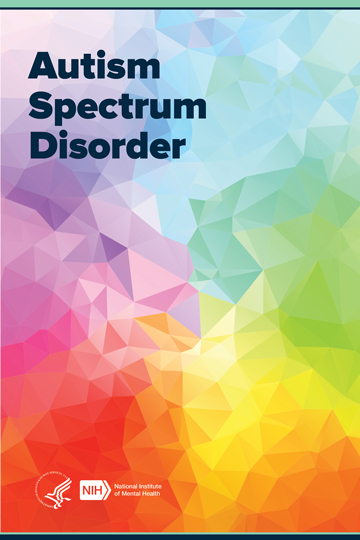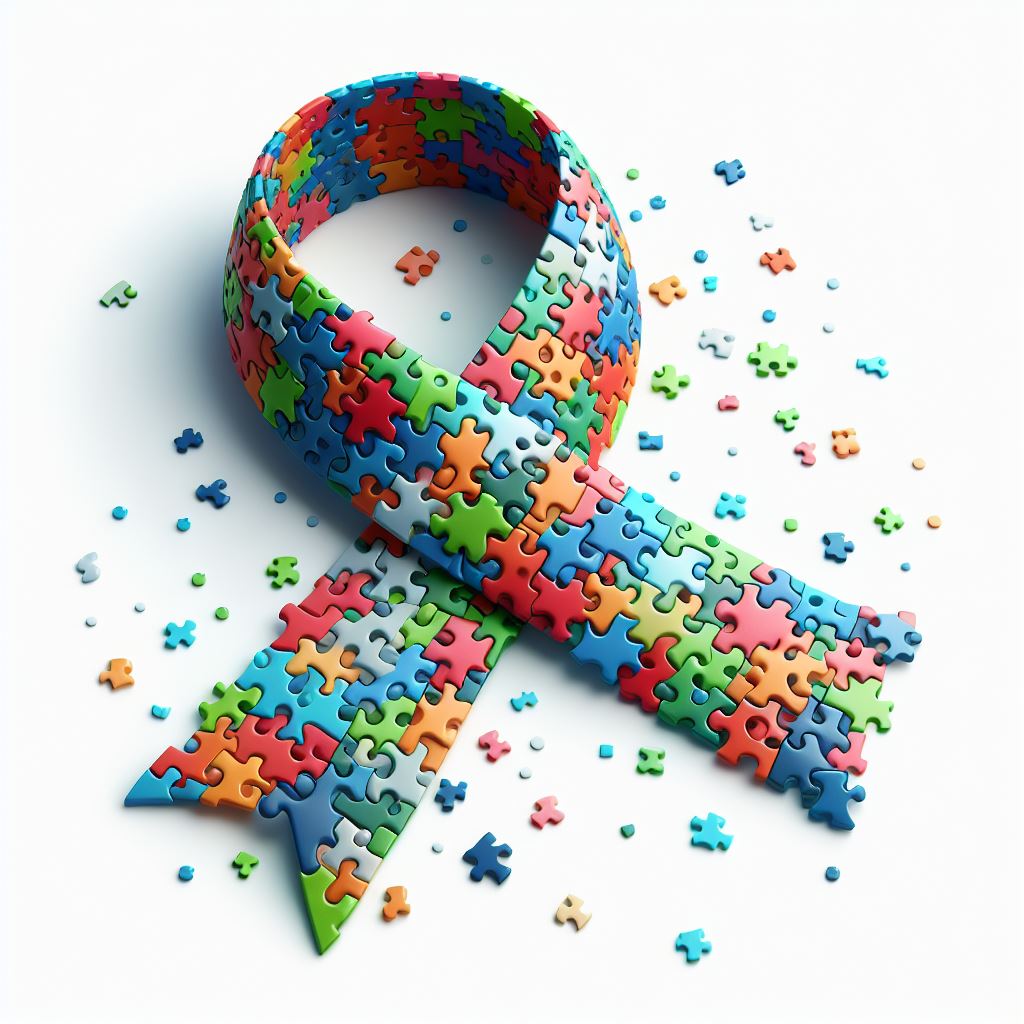Navigating Social Challenges: Tips for People Dealing With Autism
Navigating Social Challenges: Tips for People Dealing With Autism
Blog Article
Understanding Autism: A Comprehensive Guide to Signs and indications
Autism Spectrum Disorder (ASD) encompasses a broad range of qualities that can dramatically impact an individual's social communications and everyday performance. Understanding these subtleties not only help caregivers and instructors in providing appropriate assistance but also cultivates a more inclusive environment for people with ASD.
Overview of Autism Range Disorder
Specifying Autism Range Condition (ASD) includes identifying it as a complex neurodevelopmental problem identified by a series of challenges in social interaction, interaction, and behavioral patterns. The term "range" mirrors the broad variability in signs and symptoms and their severity, which can differ dramatically from one person to another. ASD commonly materializes in very early childhood years, although some individuals might not receive a medical diagnosis till later in life.
Variables influencing the development of ASD include ecological factors and genetic proneness, although the exact causes stay under examination. Medical diagnosis often relies upon behavior assessments, as there are no definitive medical tests for ASD. Early treatment is essential and can substantially boost outcomes, concentrating on enhancing communication skills, social communications, and flexible actions.
Individuals with ASD might additionally exhibit distinct strengths, such as remarkable attention to detail or specific locations of know-how. Understanding the diverse nature of ASD is vital for promoting an inclusive atmosphere that accommodates neurodiversity. Continued research study is essential for establishing effective interventions and assistance systems, allowing people with ASD to thrive and satisfy their prospective within society.
Usual Indications of Autism
Identifying the common indications of Autism Spectrum Disorder (ASD) is essential for very early recognition and intervention. These indications can differ extensively in intensity and presentation, but certain attributes are regularly observed in individuals with ASD.
Among one of the most widespread indicators is a marked trouble in developing and keeping eye contact. People might likewise show limited passion in social interactions and reveal a preference for solitary play. Repetitive behaviors, such as hand-flapping, rocking, or rotating things, often emerge early in childhood years. Additionally, some youngsters might develop strict routines and end up being troubled if these routines are disrupted.
Sensory sensitivities are likewise usual; individuals might underreact or overreact to sensory stimuli, such as audios, appearances, or lights. autism. Language development can be irregular, with some children exhibiting delayed speech or making use of language in unusual methods, including echolalia-- repeating expressions or sentences heard in other places
It is vital to keep in mind that not every individual with ASD will display all these indications, and the degree of these actions can differ dramatically. Early recognition enables timely assistance and sources, boosting the top quality of life for those on the spectrum.
Social Interaction Obstacles
Social communication difficulties are a characteristic of Autism Range Condition (ASD), influencing an individual's capability to engage efficiently with others. These problems can materialize in various ways, including difficulties in starting and preserving discussions, understanding social hints, and responding properly in social interactions.
People with ASD might fight with nonverbal interaction, such webpage as eye call, face expressions, and body movement. This can result in misconceptions, as their communicative intent might not be appropriately translated by others. They might discover it challenging to understand the nuances of tone and context, which are important for reliable interaction.
In group setups, people with ASD may feel overloaded and may not understand how to join in conversations (autism). They might also show atypical conversational patterns, such as monologuing concerning particular passions without recognizing social reciprocity
Furthermore, these difficulties can cause social seclusion check this site out or troubles in creating relationships, as peers may misinterpret their behavior or interaction design. Comprehending these social communication challenges is vital for fostering encouraging environments that advertise social skills growth and enhance the high quality of communications for people on the autism spectrum.
Sensory Feedbacks and sensitivities
Several people with Autism Spectrum Condition (ASD) experience increased sensory sensitivities that can significantly affect their lives. These level of sensitivities might materialize as over-responsiveness or under-responsiveness to sensory stimulations, including audios, lights, textures, tastes, and smells. An individual with ASD may locate everyday sounds, such as a vacuum cleanser or crowded settings, extremely distressing, leading to anxiousness or meltdowns. On the other hand, some might exhibit an indifference to pain or extreme temperature levels, which can posture safety and security concerns.
Sensory processing distinctions in people with ASD can also affect their capability to participate in routine activities and social interactions. A child that is sensitive to touch might stand up to physical affection or avoid certain clothing textiles. Conversely, a choice for sure structures or preferences can limit dietary options and produce difficulties during nourishments.
Understanding these sensory level of sensitivities is essential for identifying the distinct experiences of individuals with ASD. Recognition of their sensory profiles can promote much better interaction and assistance approaches, creating an atmosphere that accommodates their requirements and enhances their high quality of life. Inevitably, acknowledging sensory level of sensitivities is a critical element of comprehending the wider range of autism.

Sustaining People With Autism
Effective support for individuals with Autism Range Condition (ASD) is crucial for enhancing their overall well-being and cultivating independence. Assistance strategies should be customized to satisfy the unique demands of each person, considering their strengths and obstacles.

Social abilities training can also play a crucial role. autism. Engaging people in team activities or role-playing scenarios can enhance their capability to browse social interactions. In addition, it is vital to enlighten member of the family, caretakers, and peers regarding ASD to foster a supportive and comprehensive area
Conclusion
In final thought, a detailed understanding of Autism Range Condition is essential for identifying its signs Check Out Your URL and symptoms and indicators. Early recognition of common characteristics, such as social communication challenges and sensory sensitivities, allows teachers and caregivers to implement effective treatments. By cultivating boosted communication and social abilities, individuals with autism can browse their settings much more successfully. Inevitably, increased recognition and support can substantially enhance the lifestyle for those impacted by ASD.
Autism Range Disorder (ASD) includes a vast variety of qualities that can significantly impact a person's social interactions and everyday performance.Individuals with ASD might battle with nonverbal communication, such as eye call, face expressions, and body language.Several people with Autism Spectrum Condition (ASD) experience heightened sensory sensitivities that can substantially affect their everyday lives.Sensory handling differences in people with ASD can additionally influence their ability to engage in social interactions and regular activities.Understanding these sensory sensitivities is crucial for identifying the one-of-a-kind experiences of individuals with ASD.
Report this page